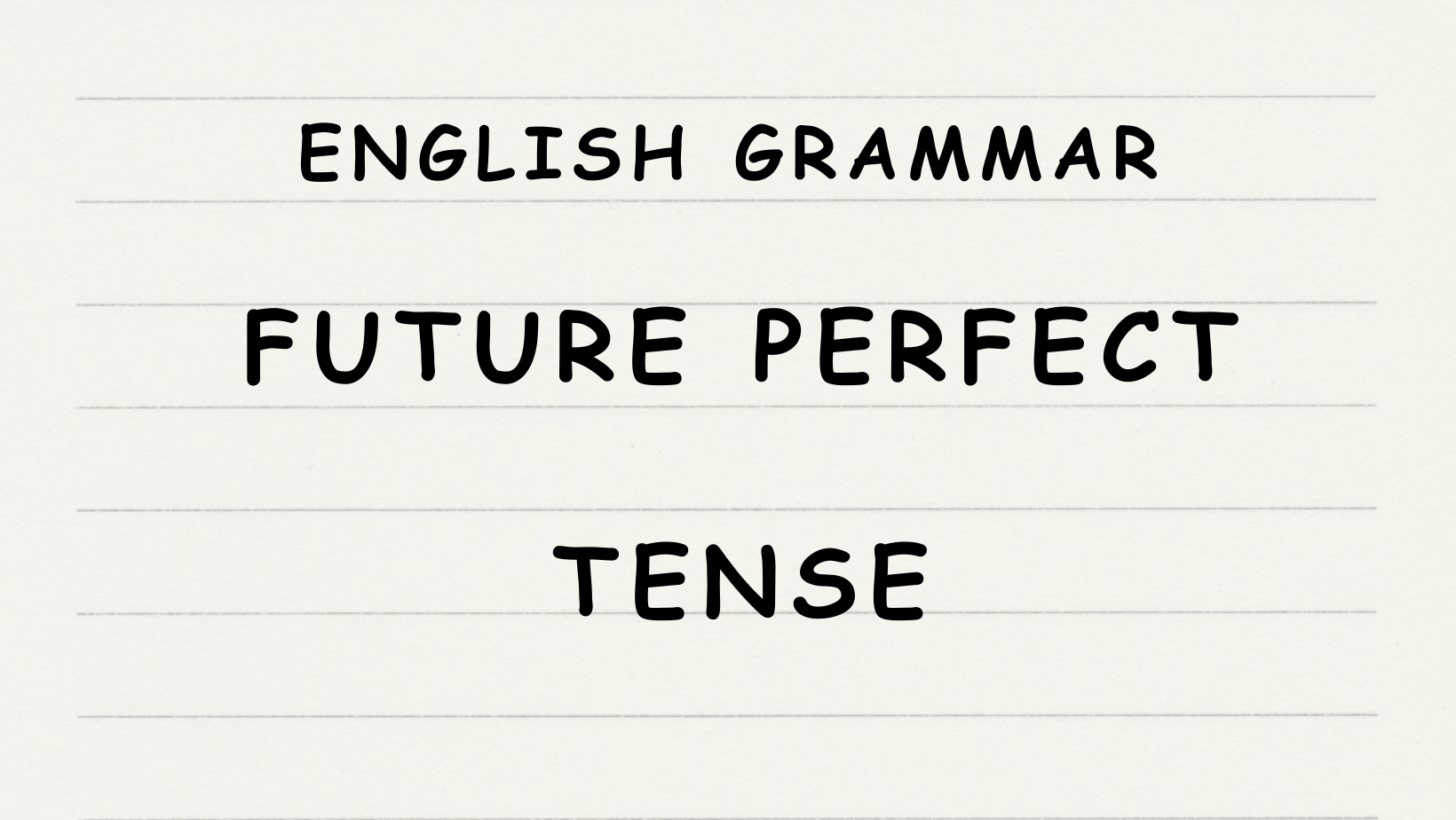
Table of Contents
Whether you’re writing an email, chatting with friends, or expressing your thoughts, using “shall” and “will” appropriately adds precision and clarity to your sentences. Let’s dive into the details and explore how these words differ in usage.
1. Shall: Expressing Obligation or Duty
“Shall” is often used to indicate a sense of obligation, duty, or rules.
Example:
- Shall we begin? (Suggesting to start)
- I shall follow the instructions given by my teacher. (Obligation)
2. Will: Expressing Willingness or Intention
“Will” typically expresses willingness, intention, or a future action.
Example:
- Will you help me with this task? (Willingness)
- She will visit her grandparents next week. (Future action)
3. Making Requests
When making polite requests, both “shall” and “will” can be used. However, “shall” is more formal and less commonly used in modern English.
Example:
- Shall I open the window for you? (Polite request)
- Will you please pass the salt? (Polite request)
4. Future Actions
To express future actions, “will” is the go-to choice for most situations.
Example:
- He will attend the meeting tomorrow. (Future action)
- They will start their journey next month. (Future action)
5. First-Person Questions
When asking questions about someone’s preferences or intentions, “shall” is used for suggestions, while “will” is used for inquiries.
Example:
- Shall I carry your bag? (Offering assistance)
- Will you be attending the party? (Inquiring about someone’s plans)
6. Second and Third-Person Questions
When posing questions to second or third persons, “will” is the preferred choice.
Example:
- Will he come to the event? (Inquiring about someone’s plans)
- Will they complete the project on time? (Inquiring about a group’s plans)
7. Formal Statements and Legal Documents
In formal statements and legal documents, “shall” is commonly used to express obligations or requirements.
Example:
- The candidate shall provide the necessary documents. (Formal requirement)
- The tenant shall pay the rent on time. (Formal obligation)
8. Expressing Future Certainty
“Will” is used to express a future event that is certain to happen.
Example:
- She will graduate next year. (Future certainty)
- The sun will rise tomorrow. (Future certainty)
9. Conditional Statements
In conditional statements, “shall” is used in the first person, and “will” is used for second and third persons.
Example:
- If I win the lottery, I shall travel the world. (First person)
- If you need any help, I will be there for you. (Second person)
10. Offers and Invitations
Both “shall” and “will” can be used to make offers or invitations, although “will” is more commonly used in modern English.
Example:
- Shall we have dinner together? (Invitation)
- Will you marry me? (Offer)
11. FAQs about English Grammar: Shall and Will
While this is a general rule, there are exceptions. In modern English, “will” is more commonly used in most contexts, regardless of the person.
“Shall” is used less frequently in American English compared to British English, where it is more commonly used.
Yes, “shall” and “will” can have additional meanings in specific contexts, such as in legal documents or contracts. However, for everyday usage, the explanations provided in this article cover the basics.
While native English speakers may understand you, interchanging “shall” and “will” can lead to confusion or ambiguity. It’s important to use them correctly to convey your message accurately.
Yes, using “will” instead of “shall” in most situations will generally be understood and considered acceptable in modern English. However, it’s still valuable to grasp the proper usage of both words.
Some learners find it helpful to remember that “shall” is often used for suggestions, while “will” is used for future actions or intentions. Consistent practice will reinforce your understanding and make it easier to remember.


